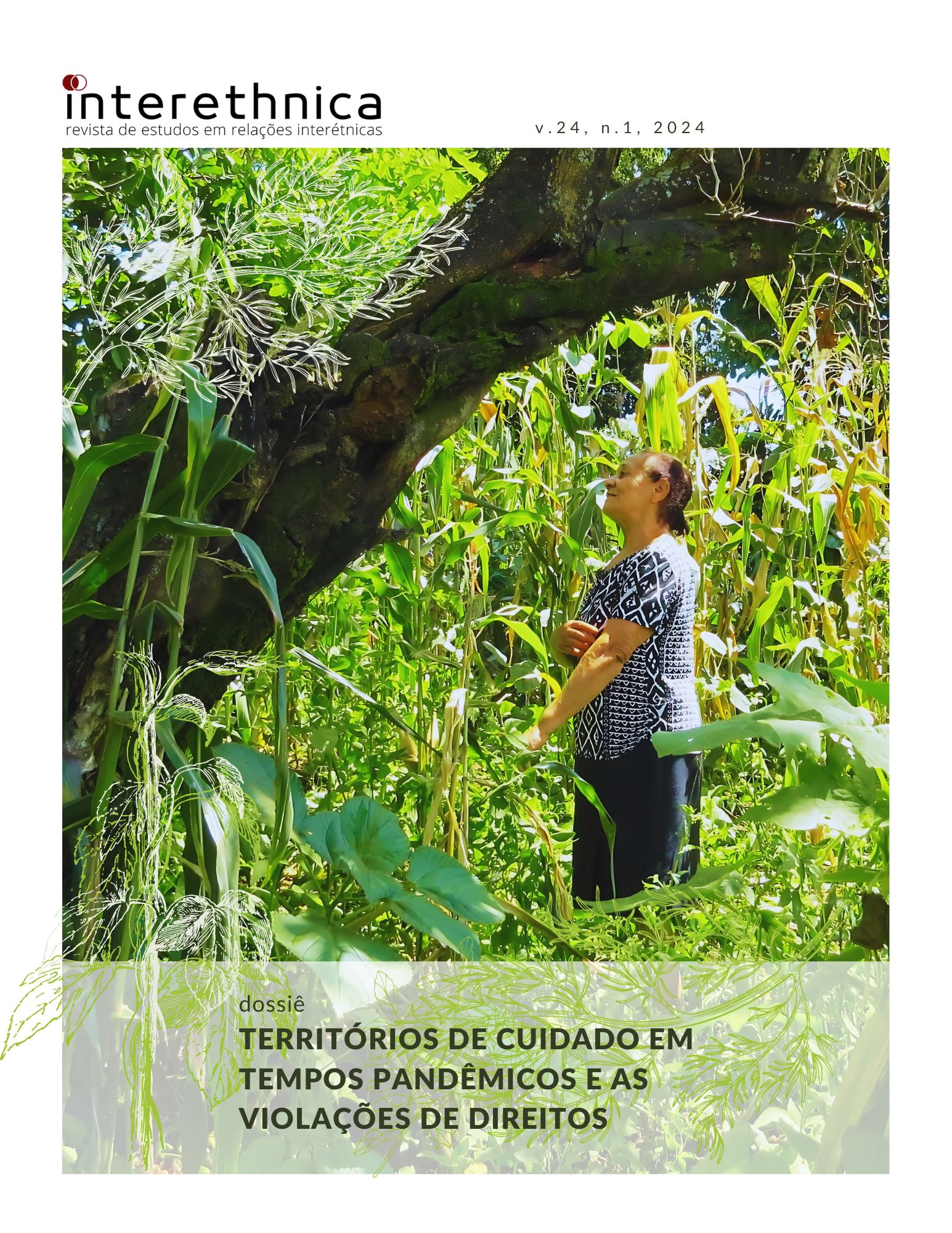Epistemômetro: descolonização e transformação nas universidades
Chamada aberta para artigos a serem publicados no dossiê Epistemômetro: descolonização e transformação nas universidades.
Organizadores e organizadora: José Jorge de Carvalho do Instituto de Inclusão no Ensino Superior e na Pesquisa (INCTI), Kildren Pantoja e Letícia Fernandes do Centro de Desenvolvimento Sustentável (CDS), Universidade de Brasília (UnB).
Prazo para submissão: 20 de dezembro de 2024.
Serão aceitos textos em português, espanhol, e inglês.
E-mail: revistainterethnic@gmail.com
Read more about Epistemômetro: descolonização e transformação nas universidades


